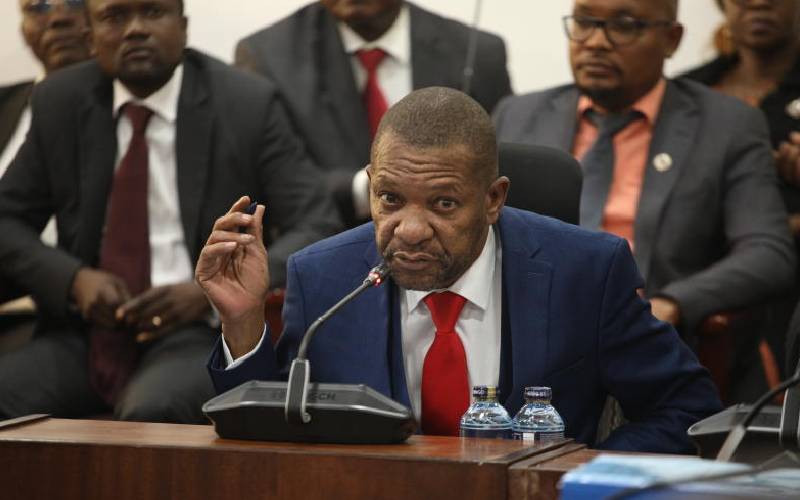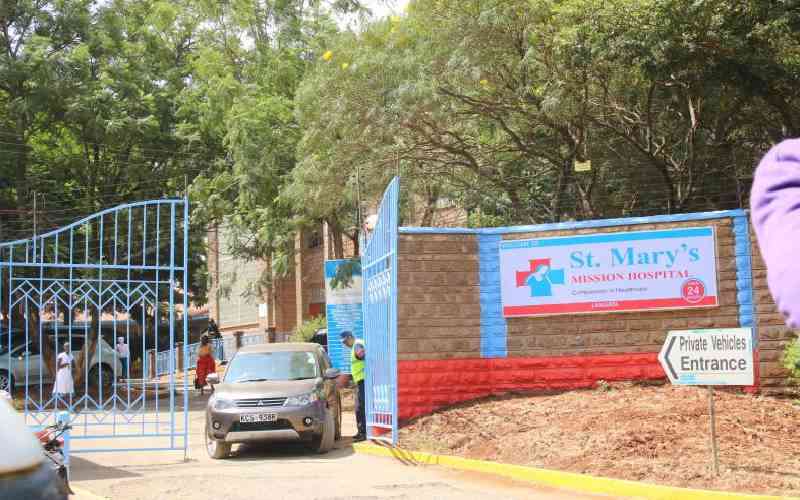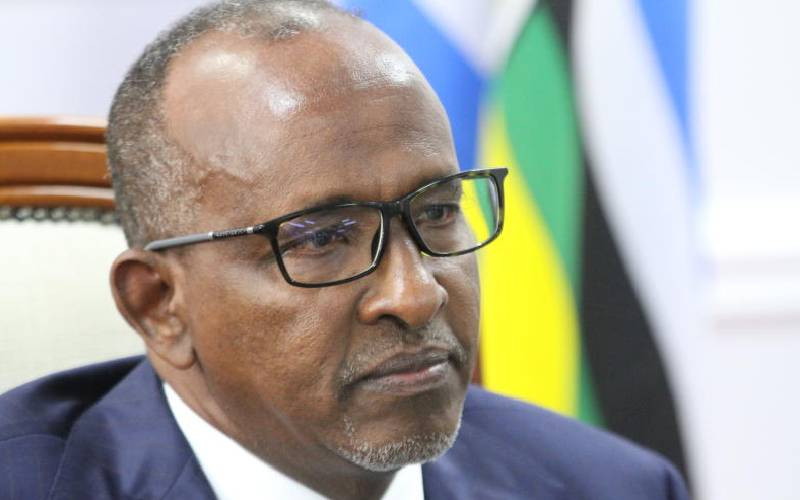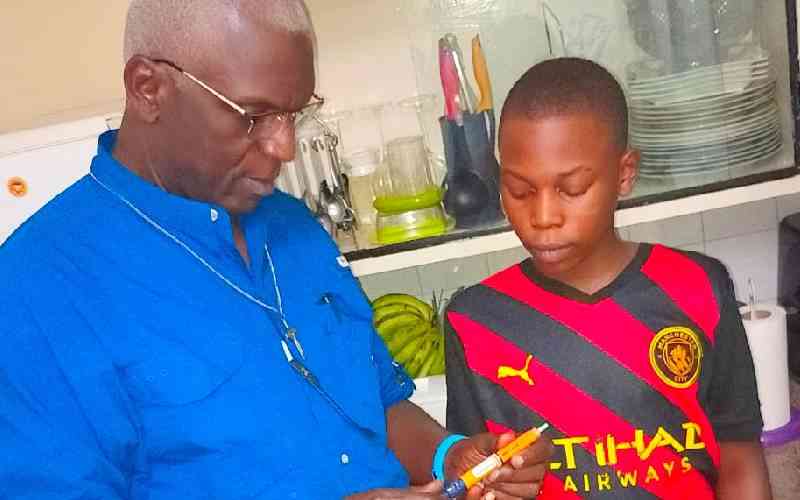NAIROBI, KENYA: A new survey of Level 3 hospitals in five counties across the country has revealed alarming shortage of drugs and critical staff in those facilities.
According to the report by the National Taxpayers Association, the shortage of drugs is acute and patients are struggling to painfully bear additional costs of purchasing them in private facilities.
“We note with a lot of concern the lack of medicines in our health facilities,” said the NTA Chairman Peter Kubebea in a speech read on his behalf by Laftif Shaban, a member of the NTA National Governing Council.
“Patients have to fend for prescribed medicines from private units as public pharmacies do not stock enough drugs,” he said.
Presenting findings of the report, NTA Project Officer-Health Irene Otieno said the shortage of drugs had significantly affected the cost of accessing health-care since most Kenyans cannot afford the additional costs.
“This state of affairs raises the urgent need for counties to regularly review stock levels allocated to their health facilities,” Ms Otieno said.
Dubbed ‘Health Community Scorecard,” the survey was done by the NTA in collaboration with the Ministry of Health
Analysis of staffing levels in seven health facilities in Nairobi, Nakuru, Uasin Gishu, Machakos and Nyeri shows that the facilities have an average of 20 health workers against the required minimum of 43. The most under staffed health facility sampled was Mai Mahiu with workforce of 12.
The report, which covered Chepkanga, Dandora, Kiganjo, Mai Mahiu, Masii, Matungulu, Narumuru and Turbo Health Centres, also returned a damning indictment on the free maternity programme introduced by the Jubilee Government.
According to the scorecard, only half of the facilities surveyed offered full maternity services at the time of the review.
Some health facilities like Dandora II and Masii health centres did not provide maternity services at all while those that were offering the services did so at levels that fell far short of users expectations.
These findings cast a damper on President Uhuru Kenyatta’s declaration of free maternity services July last year.
The report further revealed poor emergency response in all health facilities surveyed. According to the study, none of the sampled facilities offered ambulance services to their communities.
The survey notes stifling bureaucracy before the use of ambulances is approved by county government officials despite the emergency of such situations.
In some Counties, the clearance has to be sought directly from the Governor’s office before an ambulance is released to ferry a patient – thereby reducing the chances of saving lives.
While the ministry outlines that health facilities operate 24 hours and 7 days a week, only a handful of these facilities operated sometimes 24/7. These include Kiganjo, Narumoru, Turbo, Masii and Mai Mahiu Health centres.
However, even facilities that operated 24 hours did not have all the laboratory and pharmacy facilities operational on weekends and at night undermining the very essence of a functional hospital.
On the national level, the report notes that while budgetary allocation to the health sector has maintained a steady rise nominally, its share of government’s total budget has remained relatively constant at 4.5 per cent over the last 10 years, far below the Abuja declaration1 targets of 15 per cent by the year 2015.
In comparison, Rwanda, Togo, Zambia, Liberia, Madagascar and Malawi have achieved the Abuja declaration of allocating 15 per cent of total public expenditure while Djibouti, Ethiopia, Lesotho and Swaziland are within reach of the 15 per cent target.
A 2006 Report by WHO indicates that insufficient health budgets in low income countries have led to acute shortage of health workers.
 The Standard Group Plc is a multi-media organization with investments in media
platforms spanning newspaper print
operations, television, radio broadcasting, digital and online services. The
Standard Group is recognized as a
leading multi-media house in Kenya with a key influence in matters of national
and international interest.
The Standard Group Plc is a multi-media organization with investments in media
platforms spanning newspaper print
operations, television, radio broadcasting, digital and online services. The
Standard Group is recognized as a
leading multi-media house in Kenya with a key influence in matters of national
and international interest.











